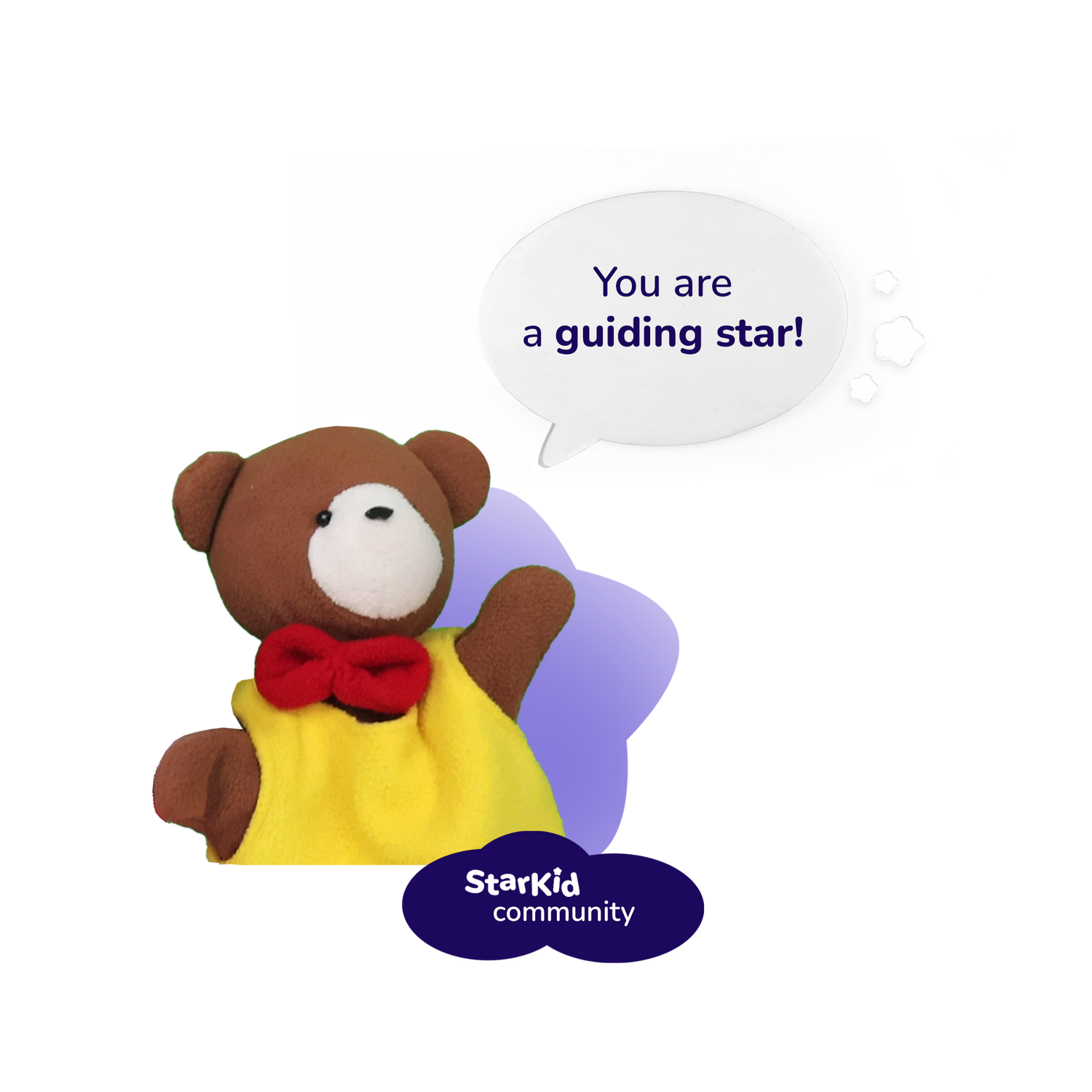Reading Time: 7–8 minutes
Table of Contents
The Impact of Stress on Parenting
Effects of Shouting on Children
Expert Insight: Dr. Laura Markham on Peaceful Parenting
Parenting brings powerful and often challenging experiences that sometimes cause parents to raise their voices at their children. While this reaction is common, it creates long-lasting, harmful effects on both the parent and the child. The ability to manage stress and develop healthy communication strategies remains essential for all parents.
The Impact of Stress on Parenting
Family life is influenced by stress from many directions. For stressed parents, the ability to speak with patience and clarity declines significantly due to psychological tension. Their capacity to monitor reactions, tone, and behavior becomes increasingly impaired. In such moments, parents may resort to shouting instead of calmly solving problems—often because they haven’t paused to regulate their own nervous systems.
Scientific research shows that parental stress predicts verbal reactions such as yelling, harsh language, and controlling behavior that contradict a parent’s core values. A review of the Family Stress Model highlights two key impacts: diminished emotional availability and inconsistent parenting. Chronic stress increases the risk of parents losing control of their emotional responses toward their children.
Parental distress—whether physical or emotional—often leads to irregular discipline, reduced empathy, and weaker conflict-resolution skills (Deater-Deckard, 2004). These stress-induced behaviors erode the parent-child bond and can create a sense of emotional instability at home.
Children are deeply perceptive. They often pick up on tension in the home even when parents attempt to mask it. They may exhibit signs like anxiety, irritability, sleep issues, or even regress in development—such as with toilet training or emotional independence.
Chronic yelling can restructure a child's brain response to conflict, causing them to develop behavioral coping mechanisms like freezing, fawning, or fighting. These reactions aren’t signs of defiance—they’re survival instincts.
Children raised in high-stress or conflict-heavy homes are more likely to struggle with emotional regulation, attachment, and even physical health challenges due to an overactive stress-response system (Gunnar & Quevedo, 2007).
✨ The good news? Stress can be managed. Recognizing the signs of stress is not a sign of weakness—it’s a courageous step toward healing. This awareness can lead families to more connected, calm, and supportive relationships.
Effects of Shouting on Children
Shouting may feel like short-term emotional relief for the parent, but it unleashes a psychological storm for the child. Children are wired to interpret changes in voice tone, facial expressions, and volume. When a parent yells, a child’s brain perceives it as a threat, triggering their nervous system to enter a fight, flight, or freeze state. This reaction raises cortisol and adrenaline levels, blocking learning and emotional bonding.
Repeated exposure to yelling leads to lasting psychological wounds. Children may begin to believe that their flaws are part of who they are—making them feel undeserving of love. A moment of parental frustration can evolve into an internal voice that tells the child they are “not good enough,” “always wrong,” or “a problem.”
Research in Child Development found that harsh verbal discipline is linked to depression, anxiety, and aggression in children—even when paired with loving interactions (Wang & Kenny, 2013). Love and yelling don’t cancel each other out—they coexist and confuse children, creating emotional conflict.
Children also learn how to handle conflict by observing their parents. If shouting is frequent, they adopt it as a strategy. This may lead to yelling at siblings, friends—or even internal self-criticism. These patterns can spill into school and future adult relationships. Parents unintentionally model emotional dysregulation when they raise their voices.
When exposed to yelling, children often shut down or withdraw. They may hide their mistakes instead of discussing them. This emotional distance pulls apart the connection needed for secure parent-child bonding.
A home filled with shouting transforms a child’s emotional world in unintended ways. Calm relationships act as a healing force, capable of undoing the harm caused by yelling. It’s not about being perfect—it’s about creating opportunities for repair, trust, and reconnection.
Strategies to Manage Stress
Identify Triggers
Recognize the specific moments that overwhelm you. Is it the morning chaos? Sibling fights? A never-ending to-do list? Awareness of these triggers helps you prepare, so you don’t act on impulse. Use a journal or voice memos to track patterns. Once you understand the root causes, you can apply preemptive strategies: ask for help, adjust your routine, or use calming techniques like deep breathing.
Practice Self-Care
Mindful caregiving doesn’t mean being selfless to the point of exhaustion. Self-care is survival, not selfishness. A short tea break, time in nature, reading, or talking with a friend can restore your energy. Even five minutes of intentional time each day makes a difference. When you care for your mental and physical health, you also model healthy coping skills for your child.
Use Positive Communication
Positive communication doesn’t mean avoiding difficult conversations—it means approaching them with calm and clarity. Replace “You always…” with “I feel frustrated when…” to express your needs without blame. Children respond better to respectful communication and are more likely to listen without becoming defensive. Over time, this builds their empathy and emotional intelligence.
Take Breaks
Sometimes the best thing to do is step away. A one-minute breathing break in another room can reset your nervous system. Let your child know what you’re doing:
“I need a minute to breathe and calm down before we keep talking.”
This teaches them that it’s okay to pause. Returning to the moment with a calm mind allows for wiser choices and builds trust.
Looking for support during stressful parenting moments? Try our Mindfulness Episodes for Parents and Kids —short audio journeys to help you and your child reset and reconnect.
Seek Support
Parenting is one of the hardest jobs in the world—and you weren’t meant to do it alone. Asking for help shows strength, not weakness. Talk with friends, join parenting groups, connect with your partner, or work with a therapist. Support relieves emotional weight and gives you the energy to be present and loving with your child.
Expert Insight: Dr. Laura Markham on Peaceful Parenting
Clinical psychologist Dr. Laura Markham emphasizes self-regulation as the cornerstone of peaceful parenting. In her book Peaceful Parent, Happy Kids, she explains that helping your child starts with managing your own emotions.
Dr. Markham provides practical tools to help parents remain calm, connected, and consistent, creating a warm and emotionally safe family environment.
Conclusion
Managing stress isn’t just a parenting strategy—it’s a powerful act of love. Emotional regulation throughout the day prevents shouting, strengthens attachment, and protects your child’s sense of safety.
You don’t need to be a perfect parent. You just need to model real human behavior: recognizing your triggers, caring for yourself, communicating kindly, pausing when needed, and seeking support. These small yet intentional choices teach children that big emotions can be managed and relationships can be repaired.
You don’t just cope with stress—you transform it. You build a peaceful home where love is constant, even during chaos.
Each time you choose connection over reaction, you create a foundation of emotional safety that will last for generations.
References
Healthline. "5 Serious Long-Term Effects of Yelling At Your Kids."
BetterHelp. "Short and Long-Term Psychological Effects of Yelling at a Child."
UNICEF Parenting. "How to Reduce Stress."
Child Mind Institute. "Calm Voices, Calmer Kids."
Verywell Mind. "The Benefits of Mindful Parenting."
Cleveland Clinic. "Ready to Snap? Tips for Stressed-Out Parents."
Wikipedia. "Parenting Stress."
Wikipedia. "Parent Management Training."
Wikipedia. "Family Stress Model."
Dr. Laura Markham. Peaceful Parent, Happy Kids.
Wang, M., & Kenny, M. E. (2013). Parental harsh verbal discipline and adolescents' conduct problems and depressive symptoms. Child Development, 84(3), 778–793.
Gunnar, M. R., & Quevedo, K. (2007). The neurobiology of stress and development. Annual Review of Psychology, 58, 145–173.
Deater-Deckard, K. (2004). Parenting Stress. Yale University Press.
Siegel, D. J. (2012). The Whole-Brain Child: 12 Revolutionary Strategies to Nurture Your Child’s Developing Mind. Bantam Books.


